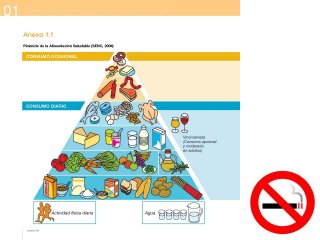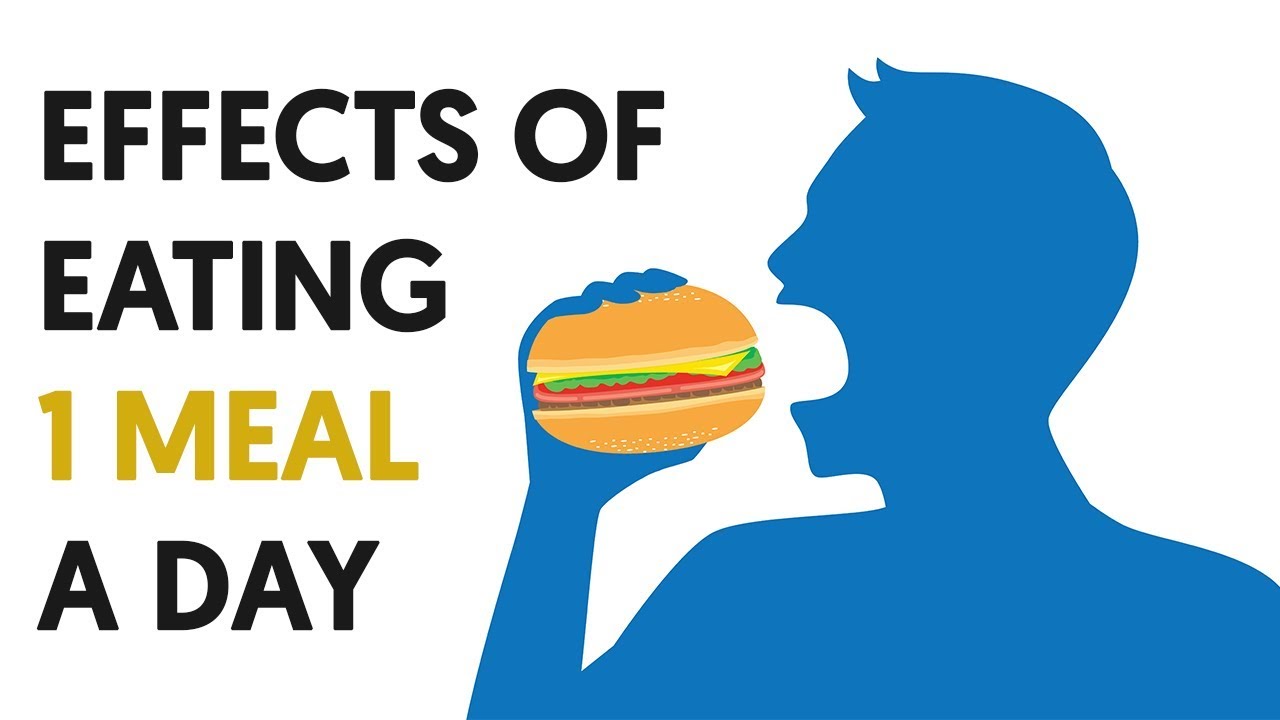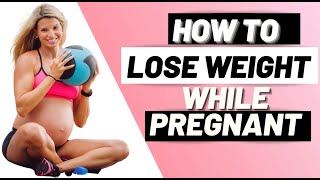
Americans consume approximately 11% of their total energy from fast food. These fast foods are responsible for the rise in obesity, diabetes and heart disease. A new study may help explain why. Researchers at Tufts University, Boston University, report that fast foods have become increasingly unhealthy with time and that each meal contains more sodium.
Bariatric diet fast food
For many, it's a challenge to eat on-the-go. Fast food is convenient, cheap, and sometimes delicious, but it can also cause problems for people who are following a diet that restricts calories. However, many chains have been able to adapt to these changes by offering lower carbohydrate and calorie counts menu options. Even fast food giants like McDonald's offer a low-carb option. You can also find the nutritional information online for these items.
Many fast food chains do not offer healthy meals. Some offer bariatric friendly options. While you want to eat healthy whenever possible, fast food restaurants aren't the only option for people who follow a bariatric diet. Also, avoid skipping meals. This will put your body into starvation mode which can slow down your metabolism and increase fat storage. Overeating at your next meal will lead to you gaining weight.

Fast food that is low in carbs
It can be challenging to choose the right food when you are trying to follow a low carb diet. Luckily, a number of chains have caught on to the low carb trend. To stay on track, keep in mind that fast food should be served with a side of veggies and non-breaded protein. Avoid buttery dressings and breads. Also, avoid French fries and tortillas.
Salads are a great choice for low-carb fast-food. Wendy's Southwest Avocado Chicken Salad is just 390 calories with 12 grams of fat and 37 grams of net carbs. It has steak, tomatoes, avocados, black beans, cheddar cheese, sour cream and a southwest vinaigrette. Panera Bread offers a variety of low-carb salads. You can order one of many salads, or the Grilled Chicken Sandwich that has no buns.
Fast food at a low calorie
Fast food restaurants are becoming more conscious of their health and open about the ingredients and methods they use to prepare their meals. Many options are available for those looking for fast, low-calorie food. Before making the switch, however, it is crucial to understand what you should look for. You can opt for healthier options when ordering fast food. Fast food chains must offer low-calorie options for entrees.
A low-calorie diet means consuming fewer calories. Avoid high-sodium, fatty foods. Instead, opt for whole grains, low-fat proteins, and a lower-fat version of your favorite dishes. Then, you can enjoy the taste of the food you love while still sticking to your calorie restriction. The Fast Food Diet also encourages you to consume three meals and two snacks a day.

Fast food that is low in fat
You have the option of high-fat and low-fat fast food choices. Fast food is often high in fat. However, it should also be low in saturated and high in fiber. Look for menu items that are low in trans fats and contain minimal amounts of saturated fat. Healthy add-ons can be added to fast food to increase its nutritional value. You can choose to order the whole salad instead of just one. Instead, add fresh vegetables and a cup low-fat milk.
While fast food is convenient for a busy schedule, it should be avoided as a permanent diet. Fast food is loaded with unnecessary salt and fat. It also lacks vegetables and fiber. However, don't let that deter your enthusiasm! As with all food, healthy fast food is acceptable in moderation. It's not a bad idea to indulge once in a while, but it's important to limit yourself to a reasonable amount of these foods.
FAQ
How often do people fast?
Most people who follow a ketogenic diet fast once per week. But, some people fast twice per week. Others fast three times a week.
Each fast has a different length. Some people fast for 24 or 48 hours, while others go for 48.
Some people even go longer than 72 hours. However, extreme cases like these are rare.
What can I drink in the morning while intermittent fasting?
You should try drinking water first thing in the morning. You feel fuller faster and have more energy throughout the day. To add some flavor, you can add lemon juice to the mix or cucumber slices.
Does intermittent fasting affect my sleep?
Yes, intermittent fasting can have an impact on your sleep. Your hunger hormones rise when you skip meals. This can lead to you waking up early in the morning.
Experts recommend skipping breakfast. Instead, experts suggest eating a light snack just before bed.
If you are still hungry after your snack, you can eat a small dinner right before you go to bed.
Overeating is not a good idea. If you do this, you might gain weight instead of losing it.
What is the best activity for busy people?
You can stay fit by exercising at home. It is not necessary to go to the gym or join any fitness club. You can do simple exercises at-home without having to purchase expensive equipment.
It is all that you need: a pair or dumbbells, a pad, a chair and a timer.
The most important thing is ensuring you are consistent with your workouts. If you miss a few days, then you may lose all motivation.
Three times per week is a good way to begin. You could do push-ups and pull-ups as well as squats, lunges or push-ups.
Once you are proficient in these movements, you will be able to do other types of exercise, such as running, jumping, skipping and yoga, pilates, dancing, swimming, weight training and tennis.
Choose the one that fits your lifestyle. If you work long hours, you may want to avoid exercise programs that consume too much energy.
If you are a night owl, then you should consider exercising during the evening rather than early morning.
Remember to listen to your body and stop when you feel tired.
How can busy people lose weight?
The best way to lose weight is by eating less and exercising more.
You'll gain weight if you eat too many calories. You will gain weight if exercise isn't enough. These two simple habits can help you start losing weight.
How long does a weight loss process take?
It takes time to lose weight. It can take six months to lose 10%.
You shouldn't expect weight loss overnight. Your body needs time to adjust to new dietary changes.
This means that you should gradually change your diet over several days or weeks.
You should also stop trying fad diets. They don't work. Instead, try to change your daily routine.
For example, if you normally eat unhealthy snacks late at night, then you should cut down on this habit.
Instead, eat healthier meals at night. This will prevent you from snacking late at night.
Water is essential for your body. Water keeps your body hydrated and prevents dehydration. You feel tired and slow if you are dehydrated.
Therefore, drinking lots of water throughout the day will help you stay energized and focused.
Doing things that are relaxing can help you reduce stress. You could spend quality time with your loved ones.
You could also read books or watch movies, or listen to music.
These activities can help you to unwind after stressful situations. You will feel happier and more confident.
If you want to lose weight, consider your health first.
Your physical fitness level is an indicator of your overall health. You should eat right and exercise regularly if you want a fit body.
What foods help me lose more weight?
It is possible to lose weight faster by eating fewer calories. You have two options:
-
Reduce the amount of calories that you consume each day.
-
Get more exercise to increase your metabolism.
It is easy to reduce calories. We are constantly being bombarded by calorie-dense fast food options every where we go. Here are some foods that can help you lose those extra pounds.
-
Beans are high in fiber and protein. They have very little fat making them a great option for dieters trying to reduce their caloric intake.
-
Oatmeal contains low calories and high amounts of nutrients like magnesium, potassium, and other nutrients. Oatmeal also contains less sugar that other cereals.
-
Eggs are high in cholesterol and protein. Eating eggs once or twice a week can boost your metabolism, helping you burn more calories throughout the day.
-
Whole grain bread may help you feel fuller, longer.
-
Dark chocolate is loaded with antioxidants and flavonoids, substances that have been linked to lower blood pressure and improved heart health.
-
Cottage cheese is high-in calcium, which can help build strong bones. Cottage cheese is also a good source for vitamin D which helps boost immunity.
-
Salmon is packed with omega-3 fatty acids, which promote brain development and improve cardiovascular function.
-
Green tea is chock-full of catechins, compounds that fight cancer and increase metabolism.
-
Broccoli is rich in folic Acid, which lowers homocysteine blood levels. Homocysteine high levels are associated with increased heart disease risk and stroke.
-
Yogurt, which is low in sugar, is a great option to add probiotics to your diet. Probiotics play an important role in digestive health.
-
Berries are a delicious snack option that's also very nutritious. Blueberries, strawberries, blackberries, raspberries, and cranberries are all excellent sources of vitamins and minerals.
-
Avocados are rich in healthy fats. A half avocado has 80 calories but plenty of filling fiber.
-
Nuts are a tasty snack option that also happens to be a great source of protein. Nuts include cashews (almonds), hazelnuts (pecans), walnuts, walnuts, and pistachios.
-
Sweet potatoes are another starchy crop that is rich in beta carotene. This makes your skin glow. The orange sweet potato variety has a higher level of beta-carotene than regular sweet potato varieties.
Statistics
- According to a study sponsored by the American Council on Exercise, a person weighing around 140 pounds (64 kg) would burn 108 calories at a 30-minute beginner's Pilates class or 168 calories at an advanced class of the same duration (26). (healthline.com)
- According to Harvard Health, it's estimated that a 155-pound (70-kg) person burns around 167 calories per 30 minutes of walking at a moderate pace of 4 mph (6.4 km/h) (5). (healthline.com)
- It's estimated that half of all American adults attempt to lose weight every year (1Trusted (healthline.com)
- One 6-month study showed that simply doing 11 minutes of strength-based exercises 3 times per week resulted in a 7.4% increase in metabolic rate, on average. (healthline.com)
External Links
How To
How to lose weight fast and not need to exercise
It is best to eat less calories than you burn to lose weight quickly. This will allow your body to begin burning stored fat for energy. In order to get enough calories your body will start to degrade muscle tissue. This can lead to some muscle loss. Even if you do not exercise while on a diet, you can still lose weight. However, you will likely lose more muscle mass.
To lose weight quickly and without exercising, you need to cut down on your calorie intake. It is common for people to believe that they must cut down on their food intake in an effort to lose weight. If you are looking to lose weight, it is important to consume fewer calories per day than you burn. What should you eat daily? It all depends on what activity you do daily. A runner who walks three miles each day would only need about 2,500 calories per week. A person who sits at a computer all day would need around 1,600 calories per day. A person who exercises frequently (like lifting weights), would only need about 1,600 calories per day.
So when you're trying to lose excess pounds, you want to try cutting back on your caloric intake. Many people feel that they shouldn't eat as much food as they do because they feel hungry. But this isn't the case. Your body doesn’t care about whether you’re hungry. It simply wants to function correctly. In order to lose extra weight, it is essential that you keep track of how many calories you consume. Many apps are available online that can help you monitor your calorie intake. MyFitnessPal (Calorie Counter), and LoseIt are just a few of the many apps available online.